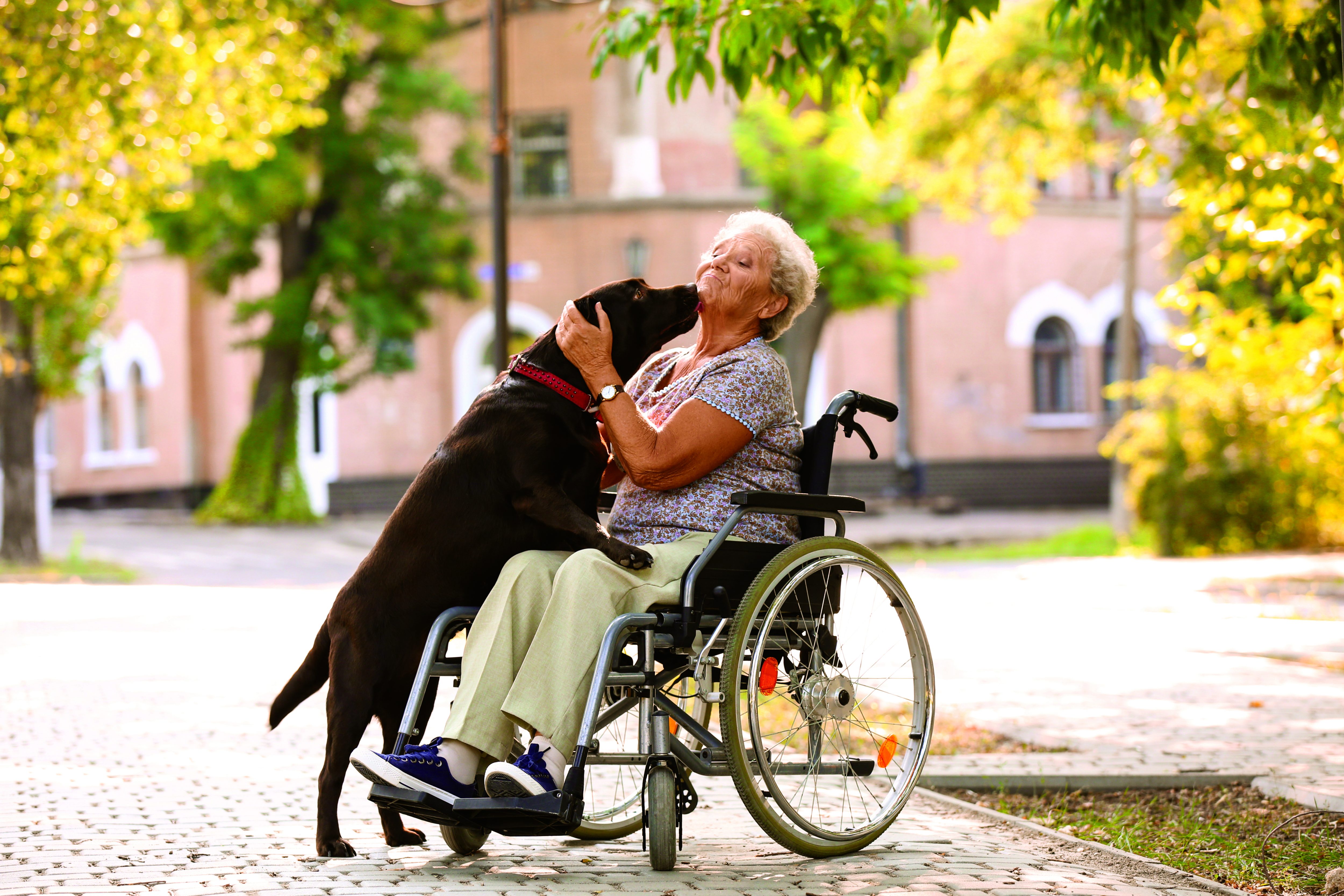DIRTY POOL AT THE PARALYMPICS
With increasing visibility, and bigger money at stake, more athletes are finding ways to cheat the system and win at the Paralympic games, claims writer, Robert Sanchez in his March 2020, Sports Illustrated article.
Citing legendary swimmer, Jessica Long and her family, the author suggests that there is a cheating epidemic swirling within the movement these days. A celebrated medalist, Long calls out the all-too-frequent pattern of para-athlete swimmers from around the world who are faking or playing up the significance of their disabilities. By following their coaches orders to slow down, kick less vigorously or appear weaker than they are, Long suggests
that swimmers are able to get themselves unfairly grouped with less able bodied competitors. The article goes on to suggest that this practice puts some athletes in an obviously advantageous position to win medals and their subsequent perks, sponsorships, prizes, subsidies, popularity etc.
Long ‘s father, calls this lack of fair play in the pool similar to what’s happening in other sports where athletes take steroids to enhance their performance. And, he worries that if this cheating continues, the Para-athletics is in jeopardy worldwide.
Source: Sports Illustrated

COVID-19 AND MIGRAINE CARE
Migraines are more severe and debilitating than other types of headaches and impact over 2.7 million Canadians. They consist of moderately to severely intense headaches with throbbing or pulsating pain and are often on one side of the head. Other debilitation symptoms include nausea, vomiting and hypersensitivity to lights, sounds and smells.
It’s estimated that up to 600,000 Canadians, age 18 and older suffer from CM with over 80 per cent being women. They’re more likely to miss days of work, school, house- hold work, become occupationally disabled and experience lower levels of household income. Patients with CM are also twice as likely to be affected by depression or anxiety when compared to those with episodic migraines.
During June’s national migraine month, the hashtag #morethanamigrane was used to encourage patients and caregivers to share their experiences. The impact of the pandemic on sufferers was also noted with recognition of reduced access to specialists, extra mental stresses, increased anxiety and changes in the daily routines triggering additional or worsening episodes. “Chronic migraine patients walk a tight line when it comes to managing symptoms”, says Dr. Ian Finkelstein, Medical Director at the Toronto Headache and Pain Clinic, and “COVID-19 has been derailing many otherwise well-controlled patients”
Source: Allergan

DOGS SNIFF OUT CANCER
After eight weeks of training, three beagles successfully identified lung cancer by scent. This is a huge a first step in identifying specific biomarkers for the disease say researchers, who claim the dogs’ abilities may lead to a more effective, safe and inexpensive means for mass cancer screening.
Beagles were chosen for their superior olfactory receptor genes. During the study they were able to achieve 97 per cent accuracy in distinguishing between blood serum samples from healthy control patients and samples taken from patients with malignant lung cancer.
The dogs were led into a room with blood serum samples at nose level. Some samples came from patients with non-small cell lung cancer; others were drawn from healthy people who acted as controls. After thoroughly sniffing a sample, the dogs sat down when it recognized a positive finding for cancer or moved to the next sample if nothing was detected.
The next step in development that the dogs will help with is to further fractionate the samples based on chemical and physical properties and identify specific biomarkers for each cancer. The goal is to develop an over-the- counter screening product, similar to a pregnancy test, in terms of cost, simplicity and availability.
Source: Osteopathic.org














